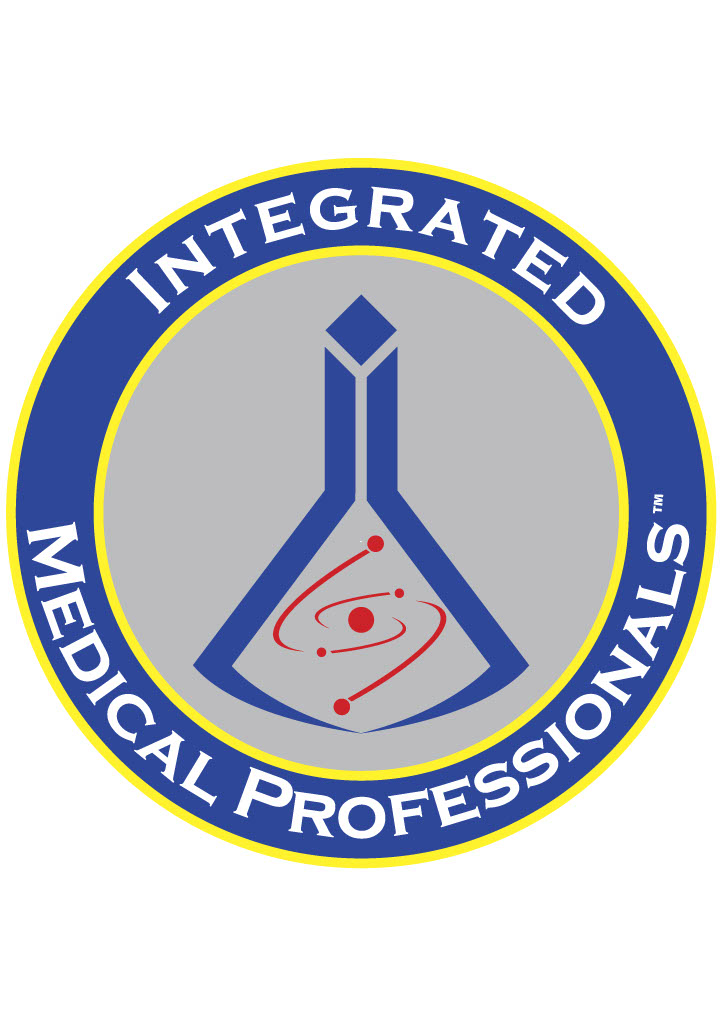

The Genetics of Hereditary Cancer
IMP is proud to be a pioneer in the performance of guideline based genetic testing for cancer patients


What is Genetic Testing?
Genetic testing can test for mutations in genes you were born with (germline testing) or test for mutations within a tumor (somatic testing). The IMP PrecisionGU panel looks for specific germline mutations known to be related to prostate cancer.
Personalized, precision medicine is the key to unlocking your risk for hereditary diseases. Your genetic code is an invaluable tool to guide your health care decisions more precisely.
What Are the Benefits of Genetic Testing?
- May explain your personal and/or family history of cancer
- Helps your doctor make informed decisions about potential treatments and surveillance
- Clarifies your risk for developing other cancers and additional screening options for early diagnosis
- Identifies other relatives who may benefit from genetic testing

Who Should Have Genetic Testing?
Testing may be offered if you or a close relative have:
- A diagnosis of cancer at an early age, such as breast cancer diagnosed before age 50
- A diagnosis of ovarian, pancreatic or aggressive, and/or advanced prostate cancer
- Multiple relatives on the same side of the family with the same or associated cancers, such as breast, ovarian, pancreatic, prostate, colorectal, uterine, or stomach
- Ashkenazi Jewish ancestry
- A relative who tested positive for a change in one of their genes (mutation) related to cancer risk
How is Genetic Testing Done?
Genetic testing involves a simple blood test. The blood will be drawn at your IMP doctor’s office and processed through our lab.

What Are the Potential Results of Genetic Testing?
There are three possible test findings that you can expect.
- Positive:
- A positive result means that an inherited gene mutation was found that may increase your risk for certain cancers.
- This may be an indicator of prognosis and influence treatment decisions.
- There is a 50% chance that siblings and children also inherited the same mutation. Further testing can clarify their personal risks.
- Negative:
- A negative test result means no mutations were found in the genes tested.
- Your risk for developing cancer may be based on other factors such as your personal or family medical history.
- Variant of Uncertain Significance (VUS):
- A variant of uncertain significance (VUS) result indicates a change in at least one of the genes tested. However, scientific knowledge does not yet provide enough information about whether this specific change will increase your risk for certain cancers.
- This result should not be used to guide your medical care.

How will my genetic information/privacy be protected?
The Genetic Information Nondiscrimination Act (GINA) protects individuals against employment and insurance discrimination on the bases of genetic information
- Your health insurance coverage or rates cannot change, and your eligibility for new coverage cannot be based on genetic testing results
- GINA does not cover long-term care insurance, life insurance, or disability insurance
- Any changes to these services should be completed before pursuing genetic testing.
As always, be assured that we are committed to protecting your privacy.
To see if you are a candidate for genetic testing, speak with your Integrated Medical Professionals caregiver.
Does Your Health Insurance cover genetic Testing?
Most insurance plans cover genetic testing either at our own lab or at our partner commercial lab. If you do not wish to go through your insurance, a private pay option is available.
Genetic Specialist Provides Answers for IMP Patients

Gillian joined IMP in 2020, contributing significantly to the formation and expansion of the clinical aspects of the PrecisionGU program. Her career began at Weill Cornell Medical College (WCMC), working in Genitourinary Clinical Trials, overseeing protocols, and managing data collection. She went on to become one of the first members of WCMC’s Institute for Precision Medicine. This innovative program harnessed the power of genetics to personalize disease treatment and prevention. Her responsibilities included comprehensive support across the entire program, from streamlining patient identification and enrollment processes to overseeing sample collection and optimizing clinical workflows.
She then pursued further education in Genetic Counseling, a field that seeks to empower patients to better understand how inherited diseases and conditions may impact them and their families.
Recognizing the pivotal role of genetics in the future of cancer treatment and prevention, Integrated Medical Professionals (IMP) embarked on a mission to establish a state-of-the-art in-house testing facility. This state-of-the-art initiative oversees all facets of testing and delivers the highest quality and accuracy of results through our internal testing program.
Gillian’s employs her expertise to assist in the administration, execution, and development of the PrecisionGU program. Her role as a Genetic Specialist embodies her commitment to driving innovation and improving patient outcomes through state-of-the-art genetic approaches.